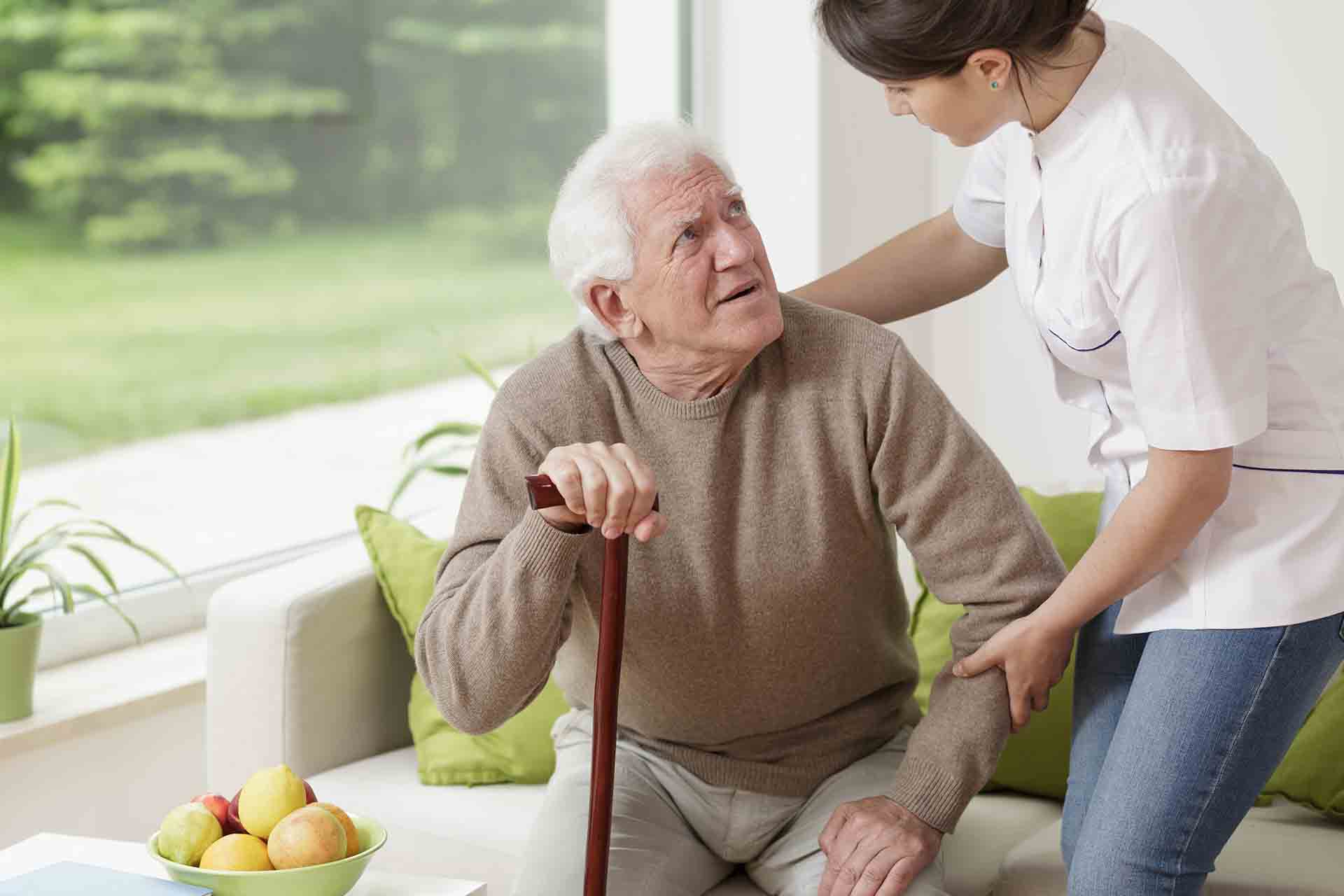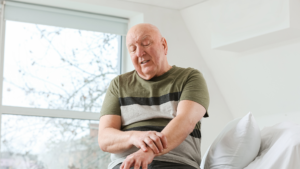Parkinson’s Disease causes tremors, muscle rigidity, slowing of the voluntary movements, tendency to fall back, a mask-like facial expression and finally leads to lack of body movement. It is due to the degradation of nerve cells or neurons of the brain that control movement.
Parkinson’s is a chronic, degenerative condition of the central nervous system that largely affects the motor system. Typically, the symptoms appear gradually, and as the condition worsens, non-motor symptoms develop with greater severity.
- Tremors, mainly at rest in hands; other forms of tremors are possible.
- Slowness and paucity of movement (called bradykinesia and hypokinesia).
- Limb stiffness (rigidity).
- Gait and balance problems (postural instability).
- Specific cognitive deficits affecting the visuo-spatial information, attention, memory, and executive functions.
- Speech problem known as neurological dysarthria.
- In some case, depression, and anxiety.
There is no permanent cure for Parkinson’s. However, some coping mechanisms can be adapted to reduce symptoms. Parkinson’s disease management calls for a multifaceted strategy that includes managing medications, engaging in physical activity, and receiving assistance from loved ones or a support group. Keeping physically active can aid with mobility and symptom reduction. Maintaining a healthy lifestyle, including eating a balanced diet, getting adequate sleep, and lowering stress, is crucial. Managing symptoms and implementing the necessary lifestyle changes can be made easier by collaborating with a doctor and healthcare team.
Therapy can assist persons with Parkinson’s by enhancing their quality of life through exercises that increase their range of motion, balance, and coordination. By teaching coping mechanisms and assisting patients in adjusting to new limits, therapy may also help people manage symptoms, including tremors, stiffness, and delayed movements.
The neuropsychology evaluation can help the doctor and the patient for a better diagnosis.
The therapy can help the patient to understand his disease, his cognitive challenges and do exercises to delay the cognitive decline.
The program LSVT (Lee Silverman Voice Treatment), among other methods, will help the patient to have better quality of speech.
Our psychotherapist will assist the patient for a better well-being.
At TBC, our Lebanese therapists in Dubai, UAE specialize in speech therapy, along with occupational and psychomotor therapy, offering sessions in Arabic, French, and English to assist patients in overcoming their challenges.




